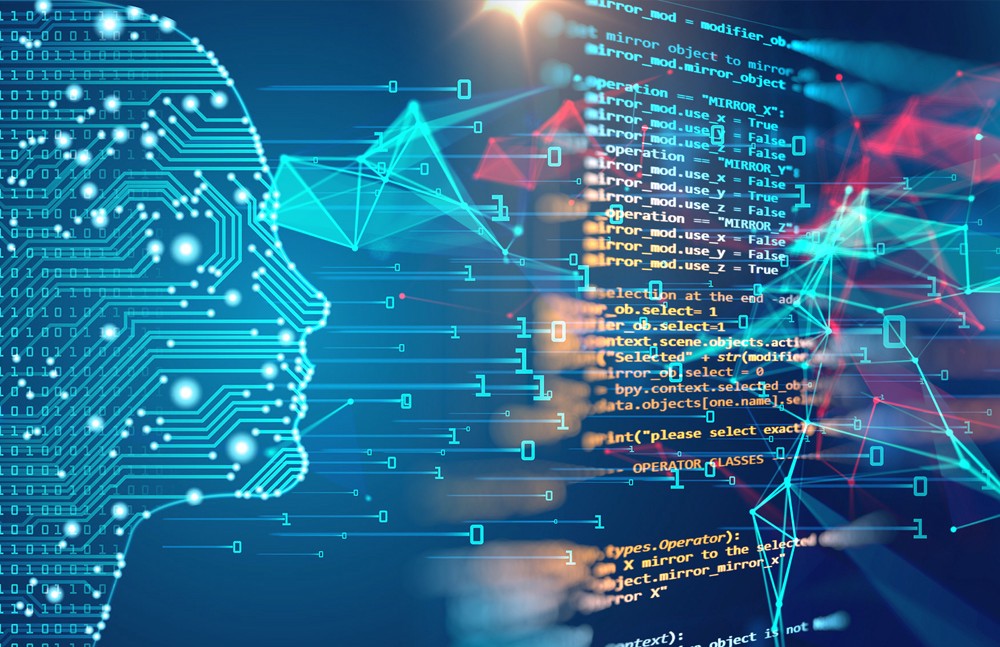advertisement
Future Disrupted: 2021 Technology Trends
The gravity of the COVID-19 pandemic and its widespread impact over the course of 2020 hasn’t been witnessed in most…

The gravity of the COVID-19 pandemic and its widespread impact over the course of 2020 hasn’t been witnessed in most people’s lifetimes. But while it’s an unprecedented situation, history tells us that it will spawn a transformation of society. We believe that technology will be the core enabler of this metamorphosis.
While it’s difficult to define precisely how the future will take shape, insights from a recent study conducted by Dimension Data and NTT Limited, a leading global IT solutions and technology provider, shows that there are at leastfive critical trends and disruptive technologies that hold promise to help local organisations unpack their postures with regards to safety and security, support sustainable growth and reduced environmental loads.
These technologies and trends will play a critical role in shaping the ICT industry by influencing growth, investment and business continuity well beyond 2021.
advertisement
All-photonics networks (APNs) will power global communications: APNs will enable end-to-end, information transmission between the terminal and the server and will allow us to operate an ultra-low power intensive sustainable communications environment. This particular trend will influence the local market over the longer term as networks overcome legacy infrastructure and regulatory constraints.
Cognitive Foundation (CF) technology will connect and control everything: the centralised management and agile allocation of ICT resources will provide the ability to integrate various sensor information – voice, video or other – to support Internet of Things (IoT) initiatives.
Digital twin computing (DTC) will enable predictive analytics by integrating the real and virtual worlds: DTC will test different environments by freely copying, combining and exchanging various digital twins of ‘things’ and people. This information will be integrated into applications such as traffic congestion prediction systems and can make accurate predictions in the field of disease control.
advertisement
The evolution of the ‘citizen developer’ and robotic process automation (RPA) will reshape businesses: Low-code/no-code platforms built to enable anyone to create business applications using their company data will be a significant differentiator for businesses. The ‘citizen developer’ approach is also using RPA to automate certain business processes, allowing employees to spend time on higher-value work.
Quantum and edge computing will usher in a new era of computing: More computational work could be done locally at the edge, rather than in the central cloud which can cause delay. For example, a car’s computer vision system would process and recognise images immediately rather than sending that information to the cloud for verification.
While these disruptive technologies are on the horizon, in the nearer term, these trends are driving the need for digital transformation as they enable businesses to deliver superior, more connected, seamless and positive customer and employee experiences. In fact, because of this, the report predicts that digital transformation in 2021 will be imperative for Kenyan businesses. It is no longer a choice, or a nice to have.
advertisement
According to NTT’s 2020 Intelligent Workplace Report, a positive employee and customer experience will be the foundation on which business strategies are built in the future. This is supported by further NTT research in which 70.5% of organisations cited improved CX as the top factor driving their digital transformation.
The year 2020 caused an expedited shift in how we engage with, rely on, and utilise technology and the data involved, and in 2021, we predict that CX success for Kenyan business will depend on whether you have a data-driven and well-documented strategy in place.
The immense amounts of customer data that most organisations access, capture and manage from multiple sources are only set to grow in the year ahead – particularly in the post-pandemic landscape.
Automation on the other hand is set to play a critical role in employee experience initiatives, and advances in and adoption of robotic process automation, machine learning and Artificial Intelligence will be on the rise.
Employers are having to think hard about optimising the workplace for employee wellness and safety. Identity, data and analytics, collaborative tools, security and automation will become the foundations for enhancing employee experience and, importantly, employee wellness.
Lastly, cybersecurity must underpin everything that is implemented as its impact on both customer loyalty and employee wellbeing will intensify moving into 2021. According to NTT’s Intelligent Workplace Report, 83.2% of organisations have completely re-thought their security to accommodate new ways of working brought about by the pandemic.
Training on new applications and new ways of working seems to be low on the agenda (in place for just 42.8% of organisations), which presents a high level of risk. Informing employees about updates to security policies, and completing security awareness programs, how these will support them in their day-to-day activities – regardless of location – and what is expected of them is paramount to ensuring the desired employee behavior, and, importantly, their buy-in, on cybersecurity issues.
The Writer is the Managing Director for Dimension Data, East and West Africa